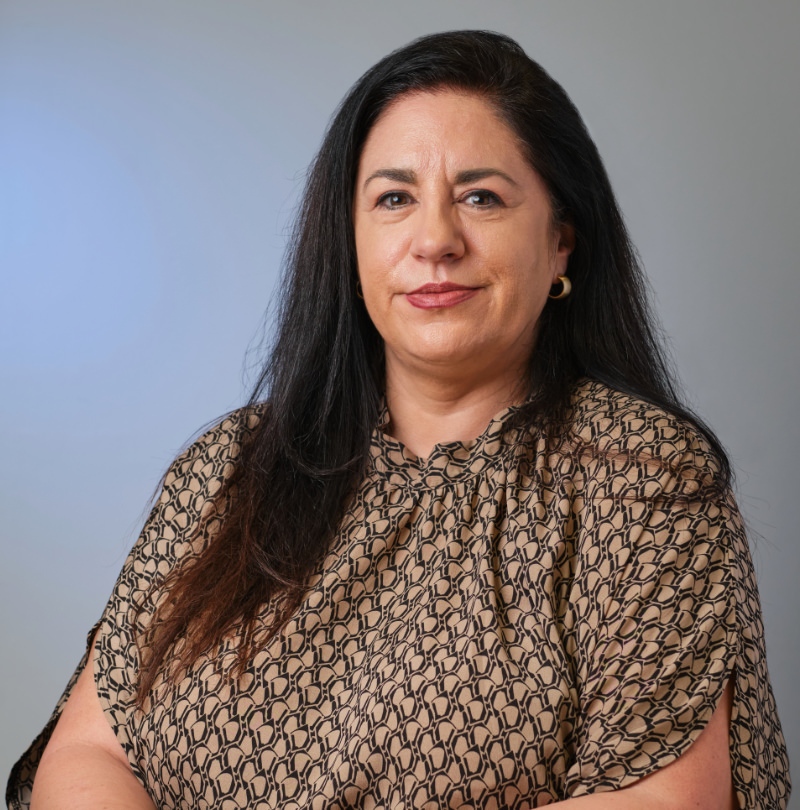Debt Recovery Solicitors
It can be difficult to know when and how to act against a business who will not pay their debts to your business, but the fact remains creditors are entitled to take appropriate action to recover what is owed and mitigate their losses.
What is the difference between recovery of debts between businesses and recovering a debt from an individual or sole trader?
The process of recovering a debt ‘business to business’ differs from recovery of a debt from an individual as the two processes are covered by different protocols. Recovery of debt from an individual falls into the Pre-Action Protocol for Debt Claims whilst business to business debt falls under the General Protocol unless your debtor is a sole trader in which case that would fall into the Pre-Action Protocol for Debt Claims.
What is the Business to Business Debt Recovery Process
- We will obtain full instructions from you, review contractual documentation, including terms of business, quotations, orders, order acknowledgments, despatch and delivery receipts, together with all correspondence you have already entered into with your customer.
- We will send an initial letter of claim together with supporting documents evidencing the debt and requesting payment by a specified deadline.
- In the event we do not hear from the debtor either with payment or a fully particularised explanation as to why the debt is not being settled, we will inform them that commercial debt recovery proceedings are being commenced and explain further their options for settling what they owe. This may include agreeing a payment plan.
- If the matter cannot be resolved at this stage by agreement, we will then consider and advise you as to your options concerning Civil Court proceedings/mediation or alternative Dispute Resolution.
- If Court Proceedings are appropriate, we will settle the Claim Form and Particulars of Claim and file these with the Court.
- In the event the Claim is defended, we will consider the Defence and advise you further in relation to contested proceedings, directions, costs and timeframes.
- If the claim is ignored or admitted, we will seek Judgment in Default.
- Once a Judgment is granted there are various ways of enforcing this including:
-
- An initial application for an order that an office of the Debtor Company attend Court for questioning – this could be helpful in establishing the true extent of the Company’s liabilities and assets
- Requesting a Charging Order against the Company’s property including shares or assets.
- Instructing Bailiffs or High Court Enforcement Officers to attend the company’s premises to obtain payment, which may include immediate full settle, a payment plan or entering into a Controlled Goods Agreement which is where the debtor agrees to grant legal control of certain goods (“controlled goods”) to the creditor for an agreed amount of time. If during this period, the debtor defaults on their repayments they will lose ownership rights of these controlled goods which are assigned to the creditor and the proceeds will be paid out towards reducing the debt.
- Pursuing a Winding Up Order – this is where the court will appoint a liquidator who will start to recover any assets that are still owed and use them for as much money as possible to repay the debt.
Why partner with us?
We get it - no two businesses are the same. We value your uniqueness, and we tailor our approach accordingly. We work closely with you to understand your business and priorities with a view to ensuring you receive the most favourable outcome. Trust us to be your allies in navigating the challenges of debt recovery.
Our Dispute Resolution Debt Recovery Team has a wealth of experience and knowledge to support you in recouping monies owed to your business. We will be able to offer support with a view to assisting you through the process as quickly, efficiently and as cost effectively as possible whilst keeping you updated at all times and always with your desired outcome in mind.
Options
- Homepage
- Business Services
- Disputes
- Debt Recovery

